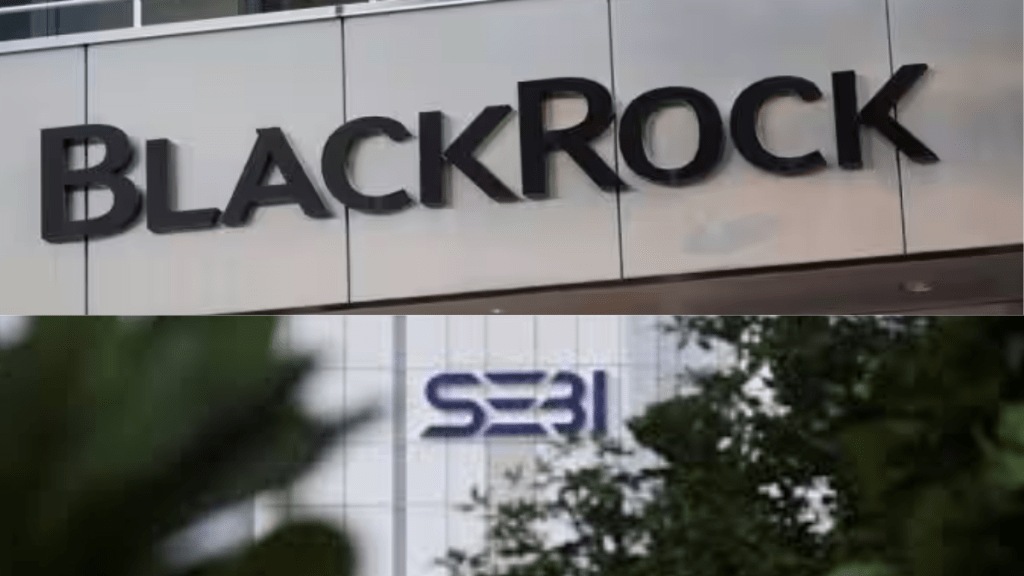The world’s largest asset manager, BlackRock, with $12.5 trillion in assets, has sought financial netting in Indian equity markets, while the top India executive of Bank of America said there is a need for reforms in securities lending and borrowing (SLB). Securities and Exchange Board of India (Sebi) executives said they will consider both the issues.
Aparna Thyagarajan, chief general manager at Sebi, in a public discussion last week, sought opinions on global best practices to be introduced to onboard more foreign portfolio investors (FPIs).
Simon Williams, MD at BlackRock Asset Management North Asia, said: “FPIs and their custodians need fair, flexible rules and efficiencies.”
Financial netting is one of the most efficient methods available in developed markets. If introduced to FPIs, it will make Indian markets more attractive to foreign funds, he said.
“It is simply a more efficient mechanism. If an FPI buys $100 worth of Tata stocks and sells $100 worth of Reliance stocks, their net position in the Indian markets is zero,” he told FE.
Netting is a process where an exposure or obligation is reduced by combining two or more positions. It benefits FPIs by reducing transaction costs, and lowering liquidity and counterparty risks. Instead of settling every single transaction, netting allows for offsetting various obligations and making a single net payment.
“In numerous transactions involving currency conversions, netting allows consolidated payments, reducing the number of forex transactions and net costs,” Williams said. With netting, FPIs incur fewer bank transaction fees and simpler processing.
In the case of margin netting, less capital gets tied up with brokerages, leaving FPIs with greater room and resources for investments. Implementing netting will align India with the global best.
Bank of America’s India chief Kaku Nakhate said Sebi must consider financial netting if the Reserve Bank of India is comfortable with it. SLB market reforms should be the next big step for Sebi since India is is getting bigger globally (multi-trillion-dollar market), she said.
Thyagarajan said Sebi will explore these.
Ananth Narayan, former whole time member of Sebi, said last week that discussions around SLB are still in an early stage. The regulator needs to explore what can be done to encourage a greater use of SLB, he said.
Several experts said there is a rise in India-specific fund mandates, beyond being part of the emerging markets basket. India has consistently outpaced other BRICS nations since the pandemic. It has $5-trillion market capitalisation, $878 billion in FPI assets, $1 trillion FDI assets, $761 billion mutual funds assets and $694 billion foreign exchange reserves.
FPIs pulled nearly $18 billion from India’s secondary market this year, even as they invested $5 billion in primary markets. Some global brokerages such as HSBC expect a turnaround in this trend.

